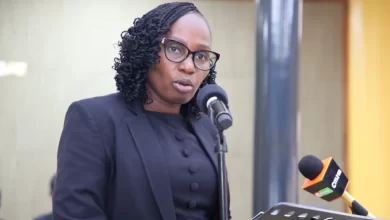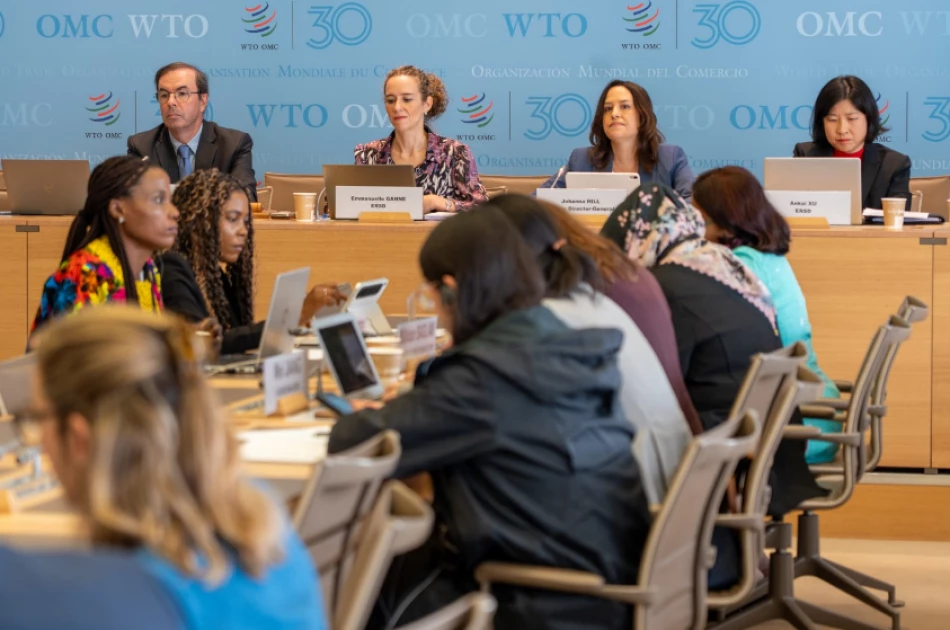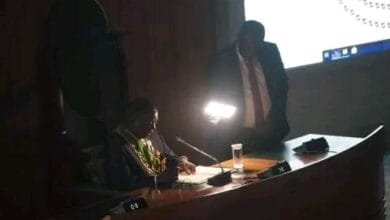
In a landmark move set to empower students and curb long-standing malpractice, the Kenyan government has announced a radical shift in how national examination certificates are distributed, effectively removing school heads as the middlemen.
The Ministry of Education has declared that starting in 2026, students who have completed their primary and secondary education will no longer collect their Kenya Certificate of Primary Education (KCPE) and Kenya Certificate of Secondary Education (KCSE) from their former schools. Instead, these critical documents will be issued directly from Sub-County education offices.
The policy change was unveiled by Education Cabinet Secretary Julius Ogamba during a session with the National Assembly’s Committee on Education. The decision directly addresses a persistent and painful issue for countless graduates: the withholding of certificates by principals and headteachers over unpaid school fees or other arbitrary charges.
A Direct Response to a Systemic Problem
The new policy was prompted by intense scrutiny from legislators. Funyula Member of Parliament, Wilberforce Oundo, challenged the existing system, drawing a sharp comparison to modern government services.
“Instead of this protracted tussle between the students and principals, why can’t Kenya National Examination Council send the result slips directly to the students, just like E-Citizen and birth certificate where you don’t have to go to a place where you were born to get a birth certificate?” Oundo asked CS Ogamba.
The MP’s question highlighted the absurdity of a system where a student’s academic future could be held hostage by their former school, long after their examinations were concluded.
A New Collection System for 2026
In his response, CS Ogamba detailed the new, more transparent process. “We have thought about sending the next results to our sub-county offices with copies of register to the schools, to confirm the certificates have been picked by the students,” he explained.
This dual-track system ensures that while students collect their original certificates from a neutral government office, their former schools will receive a register to officially confirm the collection. This is designed to create a clear audit trail and eliminate opportunities for exploitation.
“That way, there will be no challenge or a situation where the students are suffering or being told to pay many things before receiving the certificate,” Ogamba affirmed.
Broader Accountability in Education Funding
In the same parliamentary appearance, CS Ogamba also addressed another critical issue: delays in school capitation funds. He revealed that an ongoing audit had uncovered serious irregularities, including the disbursement of funds to non-existent schools, necessitating the hold-up.
Despite these challenges, he reported significant progress, noting that as of a recent date, the ministry had verified and released capitation to 752 educational institutions across the country, catering to millions of learners.
The dual announcements signal a strong push by the Ministry of Education towards greater transparency and accountability, targeting both the outflow of funds to schools and the release of academic credentials to students. For thousands of Kenyan students awaiting their certificates each year, the 2026 change promises to return control of their academic futures into their own hands.




